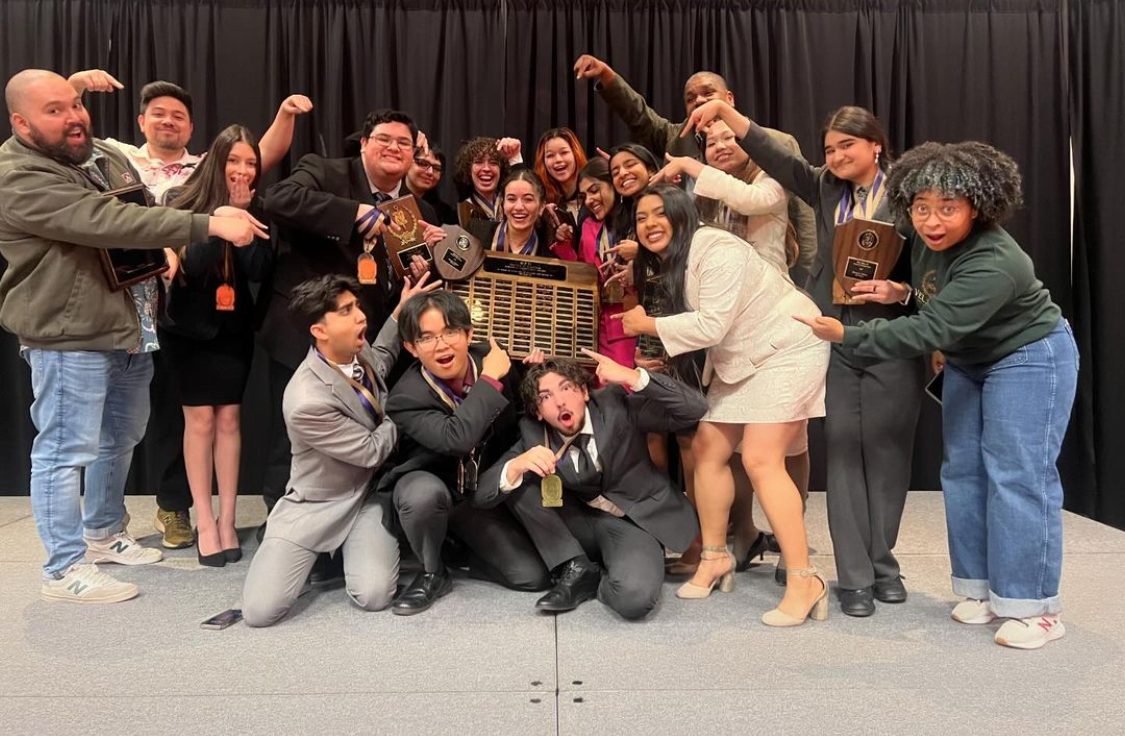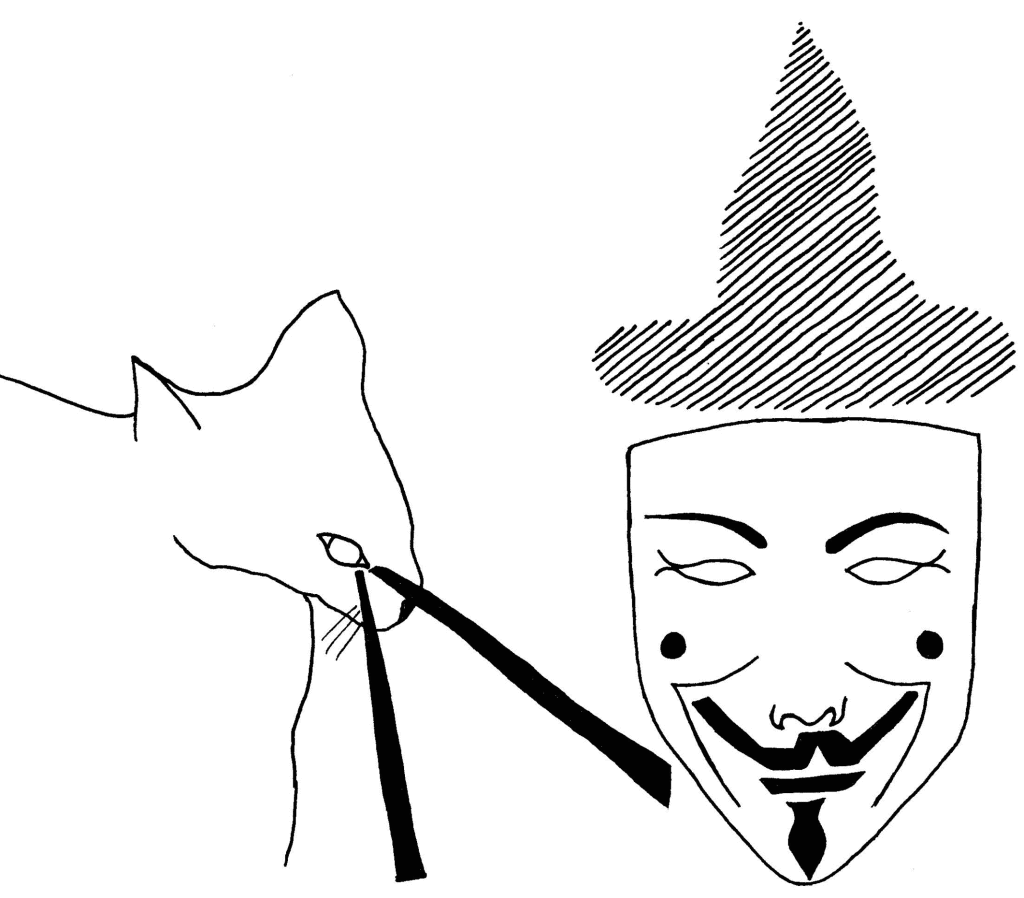Since the creation of the internet and personal computers, social activists have used them as tools to get their political messages out to the public and government. This use of the internet and computer programming as a form of public protest has been dubbed “hacktivism.”
Hacktivism can be split into two categories: one stays within the boundaries of the law by using programming in a unique way to help facilitate the spread of political ideologies. For example, during an internet blackout imposed by the Egyptian government in 2011, Google worked with SayNow to create a service that allowed Egyptian citizens to create audio recordings and instantly upload them to Twitter, allowing the world to become aware of what was really going on.
Another more controversial form has its roots in civil disobedience. They participate in the illegal theft of information and the defamation of a company or government’s website or servers. Groups like the highly publicized Anonymous fall under this category.
Anonymous is a group with no official leadership, no membership requirements, and often no organization at all. At their worst members of Anonymous use their power as a threat. “Expect us!” they say. Expect them to break into your systems, steal your private information, and then laugh in your faces. These are the methods that Anonymous and other hacktivist groups have been employing under the guise of protecting internet freedom.
After Occupy Oakland protests became violent, Anonymous members released the private information of Oakland government officials, possibly endangering their lives. A more recent attack against the Los Angeles Police Canine Association from hacktivist group CabinCr3w came with this message: “…we in the cabin have been targeting law enforcement sites across the United States … to point out the fact that their insecurity failed to protect the safety of those they took an oath to serve”. But despite that claim they willingly released the private information of over one hundred police officers. If they’re truly concerned about the safety of American citizens, why do they continue to publish the private information of government employees?
At their best, groups like Anonymous and CabinCr3w take down websites bearing hate speech, bring to light the issues of foreign countries that might otherwise be overlooked, and expose the weak security measures put in place to keep our information safe. But the fact remains that these groups often use threats, theft, and intimidation to get their point across.
As hacktivists groups have become more popular their attacks have become more frequent and expanded across the globe. This month alone the FBI, UN, Scotland Yard, and Greek, Mexican, and Syrian governments were targeted. When rumors circulated that hacktivist groups might soon have the power to shut down the power grid, experts began to speak out about the impact these groups could have. In the Stanford Daily, computer science professor Jonathan Zittrain was quoted as saying “This box in front of me [pointing at his laptop] contains all of my emails on it, and if Anonymous were mad enough at me, I have every confidence they would be in this box within 12 hours”.
With security technology failing to catch up to the exponential growth of computer technology, it won’t be long before these gaps in security are exploited. In the right hands and within legal boundaries hacktivism can be extremely beneficial to society. But the current trend of using illegal practices such as theft and distribution of private information can end up endangering citizens and government security.







































































